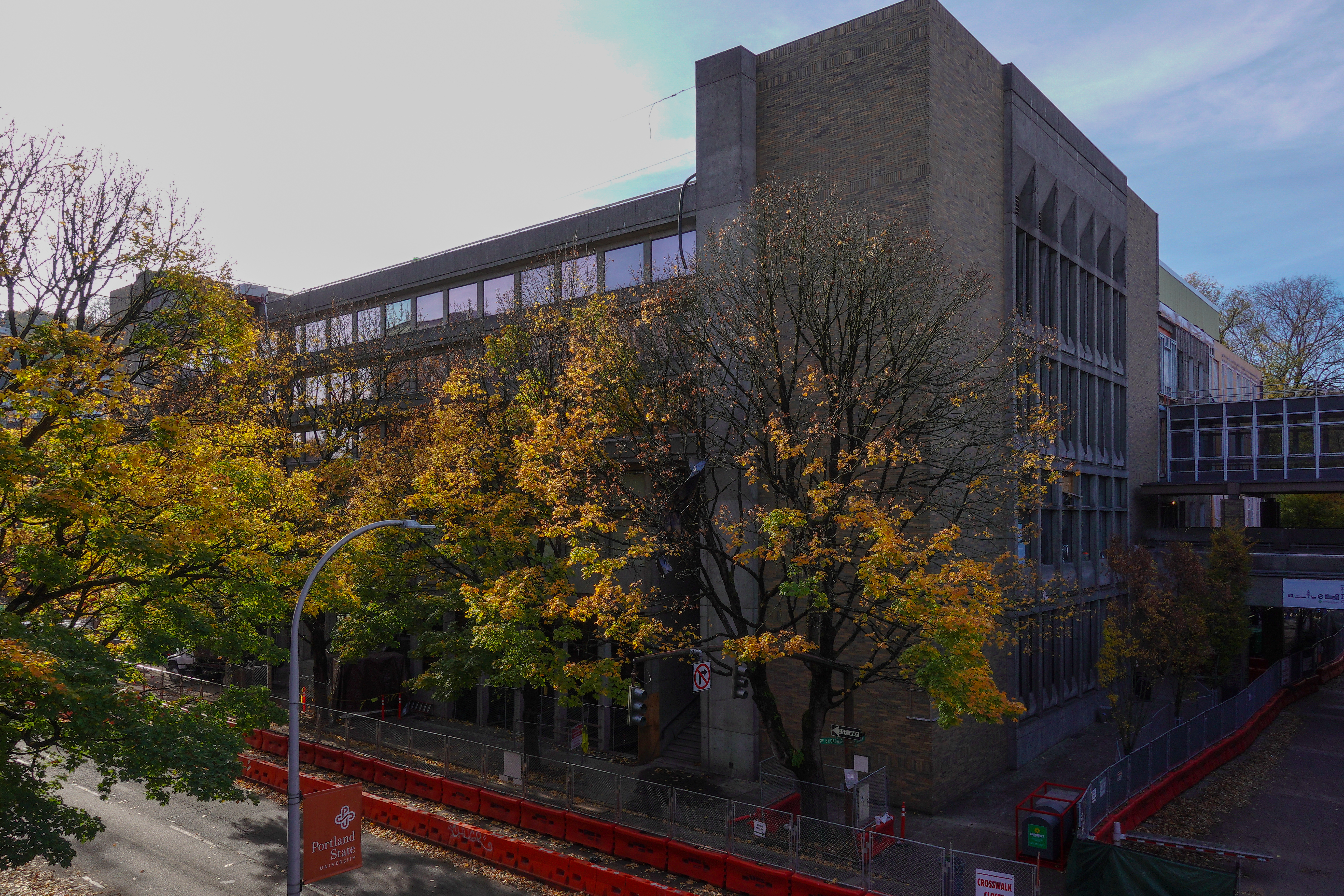Nov. 5 Saudi Arabia: Saudi Crown Prince Mohammed bin Salman announced on Nov. 5 the official launch to building the country’s first nuclear research reactor, alongside projects geared toward renewable energy, water desalination, genetic medicine and aerospace manufacturing. In March 2018, MBS said in an interview with CBS, “Saudi Arabia does not want to acquire any nuclear bomb, but without a doubt, if Iran developed a nuclear bomb, we will follow suit as soon as possible.” When completed, Saudi Arabia will be the second country after the United Arab Emirates to have nuclear technology in the Gulf.
Nov. 6 Philippines: Prominent human rights lawyer Benjamin Ramos was killed after being gunned down by unidentified assailants on a motorcycle. According to the Philippine Star, the incident occurred when Ramos was taking a break from one of his cases on the night of Nov. 6. Ramos, a founding member of the human rights group National Union of People’s Lawyers, which provides legal assistance for victims of human rights abuses, had recently received death threats after providing legal assistance to families of nine victims shot dead in October. He was also known for taking pro bono cases. Ramos is now the 24th lawyer killed in the past two years in the Philippines under President Rodrigo Duterte.
Nov. 9 Mogadishu, Somalia: Around 30 people were killed and 17 wounded in a series of attacks on the capital of Somalia. At least two car bombs and one other explosion detonated near the busy area around the Sahafi Hotel and the Criminal Investigation Department, with heavy gunfire following. Police Captain Mohamed Ahmed told Reuters 22 civilians and 6 attackers were killed in the onslaught. According to Al Jazeera, militant group Al-Shabab has claimed responsibility.
Nov. 9 Germany: Nov. 9 marked the 80th anniversary of Kristallnacht, the night in which a wave of murders and destruction against Jews began in 1938. Named for the glass covering the streets after Jewish businesses and synagogues were looted, Kristallnacht is considered a turning point in the persecution of Jews in Europe by the Nazis.
In remembrance of the tragedy, German Chancellor Angela Merkel spoke at a synagogue in Berlin, saying Germany in particular has “a moral duty to fight rising anti-Semitism,” as reported by Haaretz. “Jewish life is blossoming again in Germany—an unexpected gift to us after the Shoah [Holocaust]. But we are also witnessing a worrying anti-Semitism that threatens Jewish life in our country.” On the same day, right-wing, nationalist organization We are for Germany held a rally in the capital streets to “commemorate the victims of politics and their actions.” The rally was originally banned by Interior Minister Andreas Geisel. However, according to German news outlet Deutsche Welle, that decision was overturned by the Administrative Court in Berlin.
Nov. 9–10 Jordan: Over 3,500 tourists were evacuated from the ancient city of Petra and surrounding historical sites as torrential rains and flash flooding hit the area. According to Haaretz, at least 12 people were killed including children and a diver assisting in rescue efforts. Additionally, Al Jazeera reported nine people were admitted to the hospital, while two women and a girl were killed after their car was swept away by the floods. Tourists were taken to a shelter in the nearby city of Ma’an, and rescue efforts continued in search of missing people.
Nov. 11 Global: Nov. 11, 2018 marked the 100-year anniversary since the end of WWI when the Allies and Germany officially signed the armistice, ending a war in which 40 million died. Ceremonies were held around the world to mark the occasion.
In Britain, two minutes of silence were held at the 11th hour, the time in which the armistice was signed in 1918, and a remembrance service was held at Westminster Abbey. In Paris, the city where the armistice was signed, world leaders including French President Emmanuel Macron, Russian President Vladimir Putin, German Chancellor Angela Merkel, Canadian Prime Minister Justin Trudeau and UN Secretary General Antonio Guterres met at the Tomb of the Unknown Soldier under the Arc de Triomphe. President Donald Trump was also in attendance. Ceremonies were also held in Australia and New Zealand, while in India, “memorials were held for the 74,000 troops who died fighting on the other side of the world,” as reported by the BBC.
When I first came to PSU, I was a Chinese major, having studied three years prior in high school alongside French and Japanese. After the first year, I took a hiatus. I don't believe in going to college straight out of high school, but it's what was expected. I returned a few years later to study Japanese at PCC and Arabic at PSU. I am now a junior majoring in International Studies: Middle East and Arabic. In the future, I would like to work as a journalist or humanitarian aid worker in the region, helping people who lack economic and political backing and media exposure.





